A modification to the theory of general relativity makes it consistent with observable astronomical data without the need for dark energy.
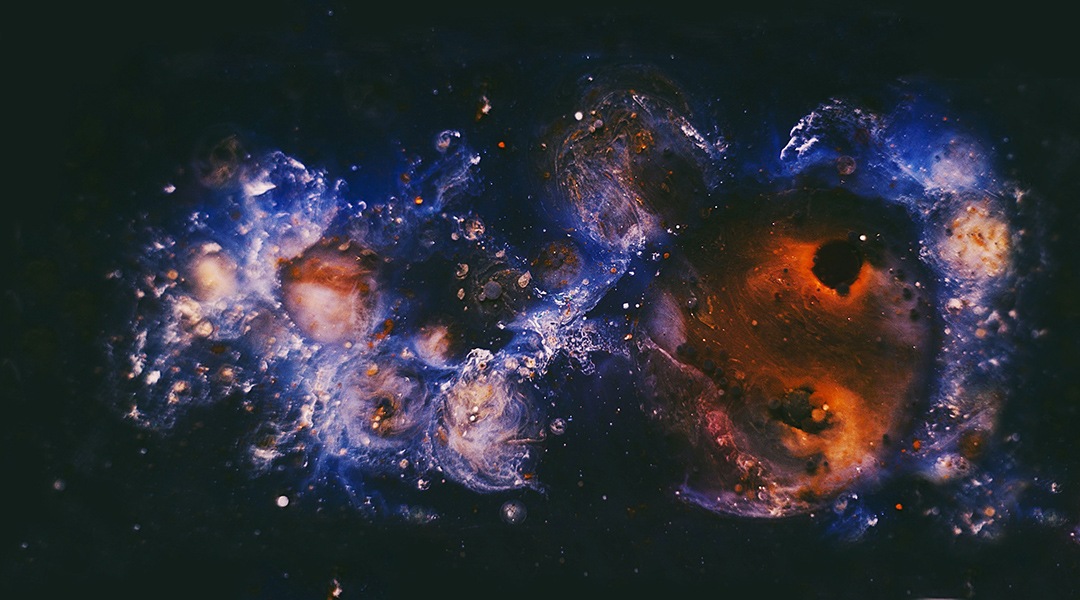

A modification to the theory of general relativity makes it consistent with observable astronomical data without the need for dark energy.
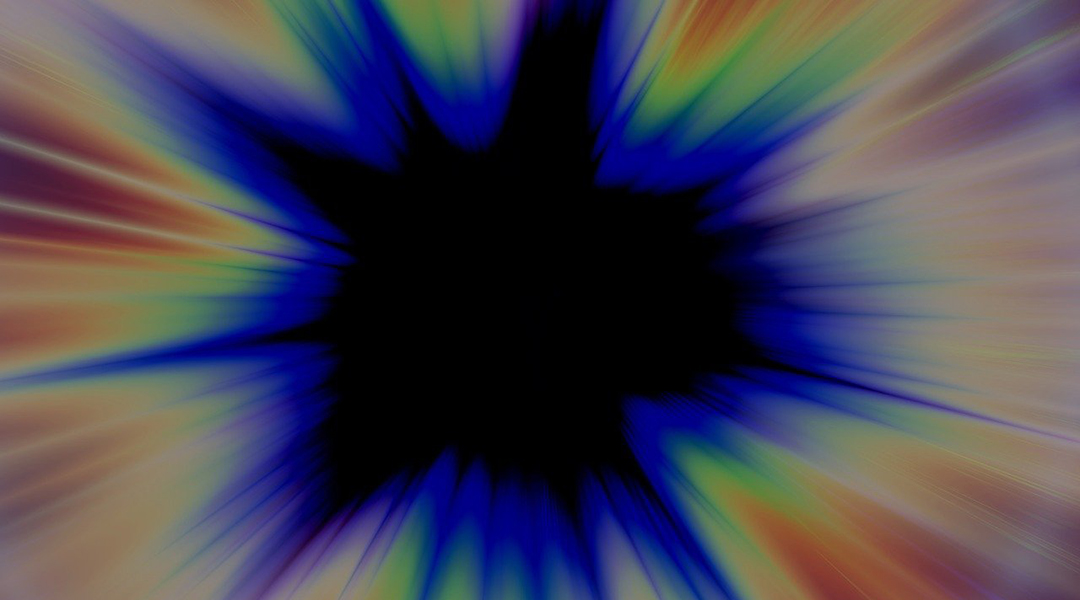
Conflict between theory and observational evidence suggests a missing ingredient in our understanding of the early Universe.
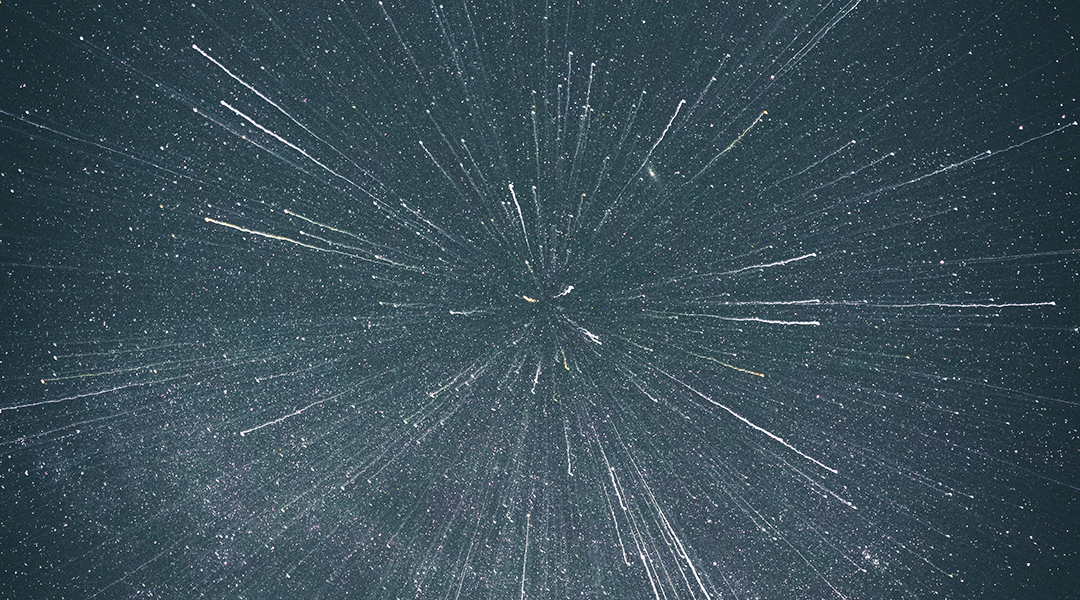
Using the motion of sound waves through a superfluid liquid, scientists can model the Universe’s evolution on a reasonable time scale.
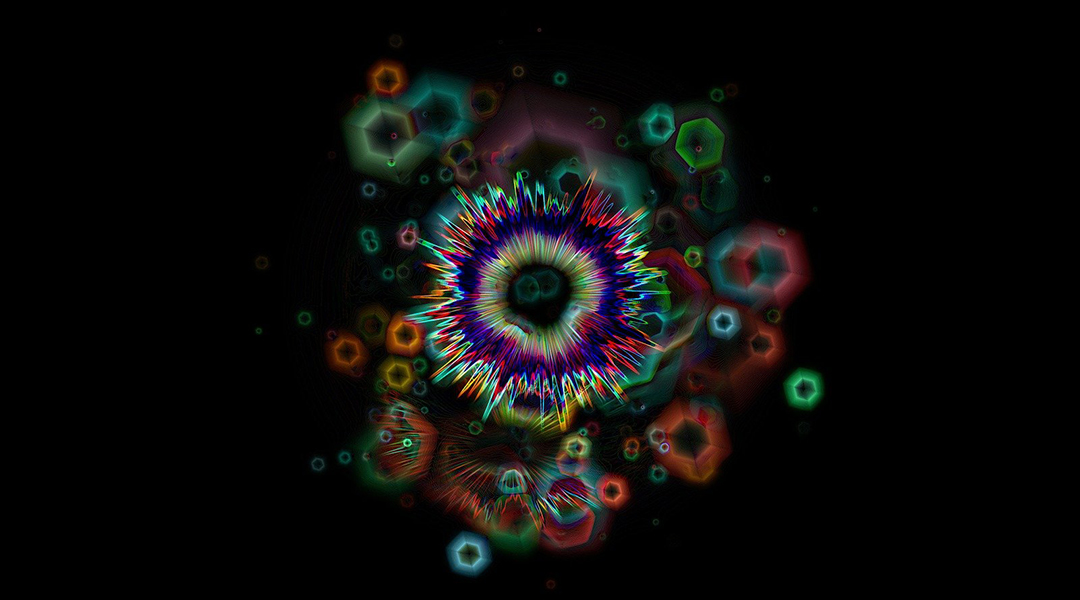
Quantum gravity seeks to describe gravity according to the principles of quantum mechanics, but can it be done?
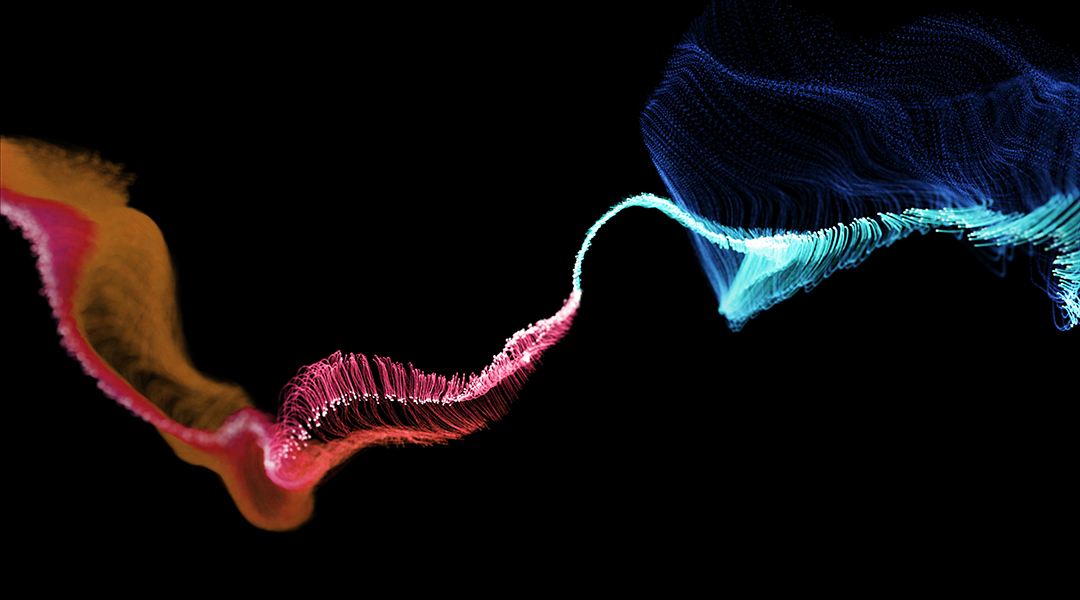
Cold ytterbium atoms were used to test a fundamental theory which describes phenomena in solids such as magnetism and superconductivity.
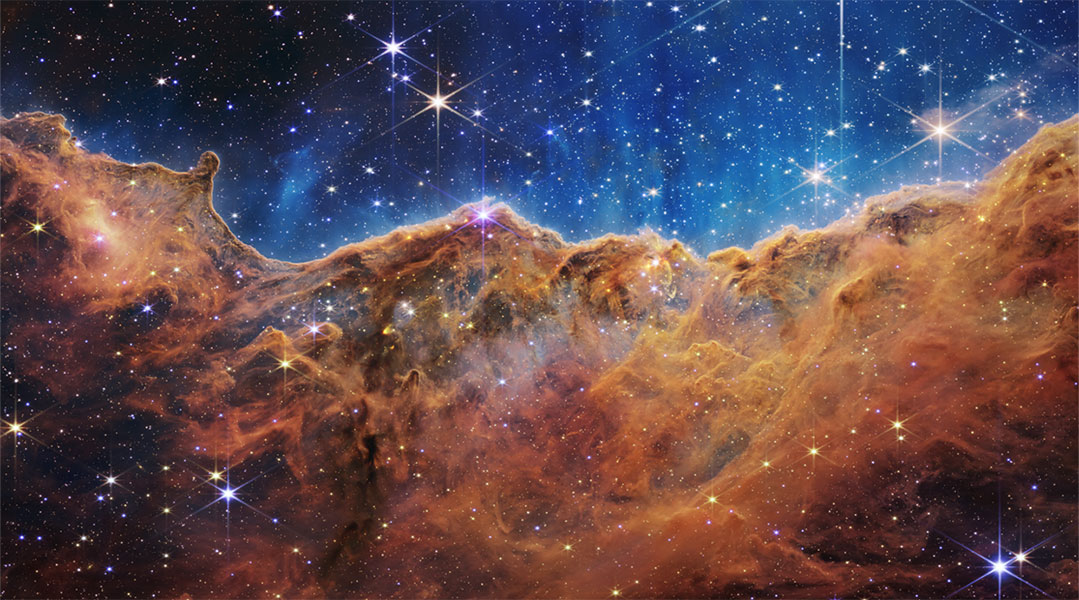
Astronomers are discovering that the rate of star formation in the universe is dropping, and they want to know why.
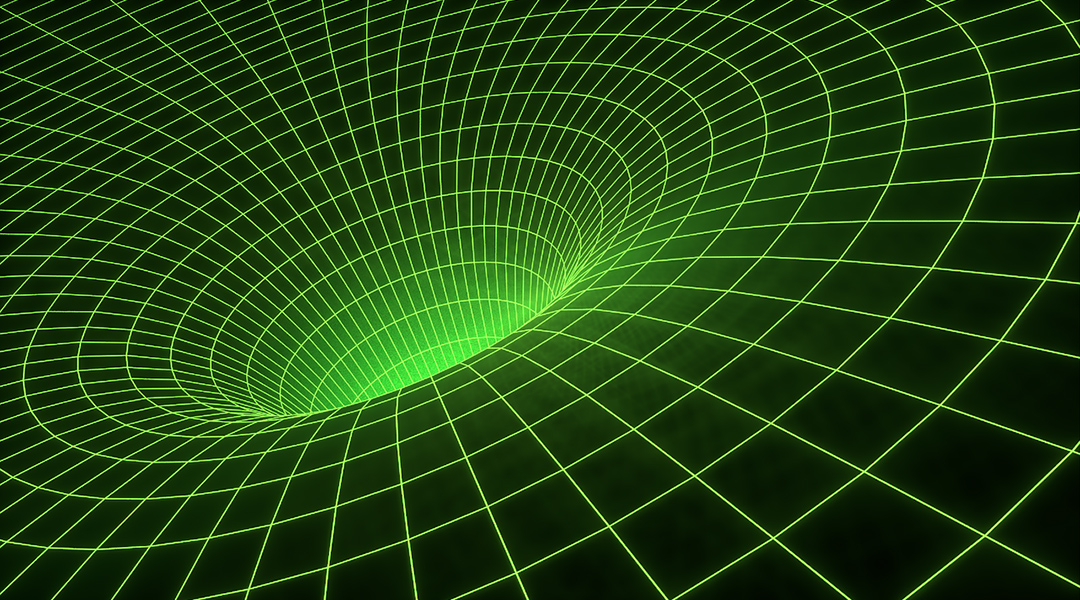
To address unknown quantum gravitational effects in the early universe, physicists have recruited string theory to help solve the problem.
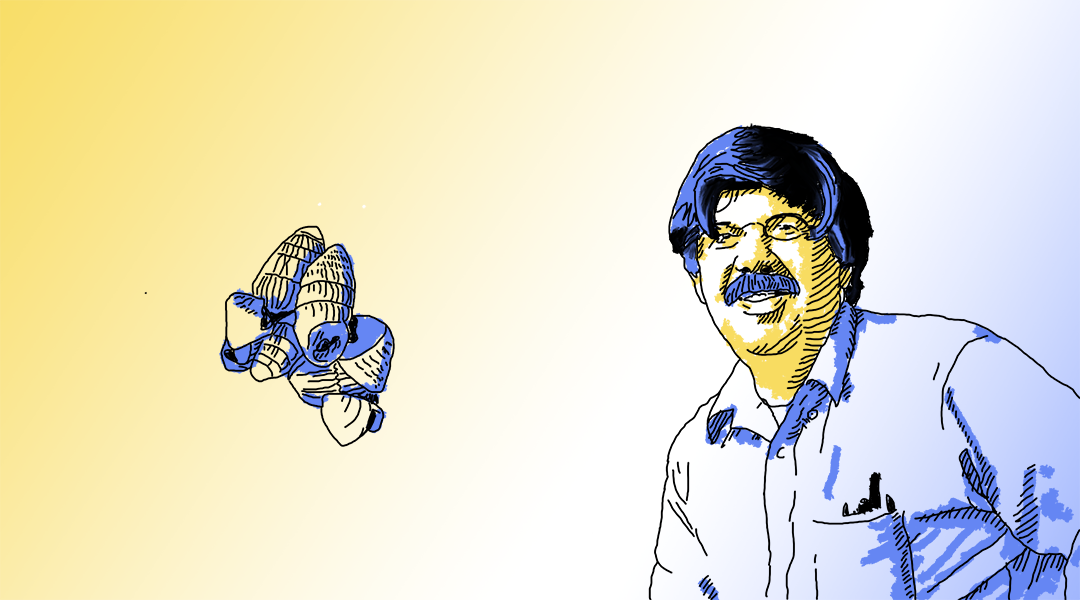
Paleontologist, historian, evolutionary biologist, writer; Stephen Jay Gould sparked a revolution in how scientists view evolution.
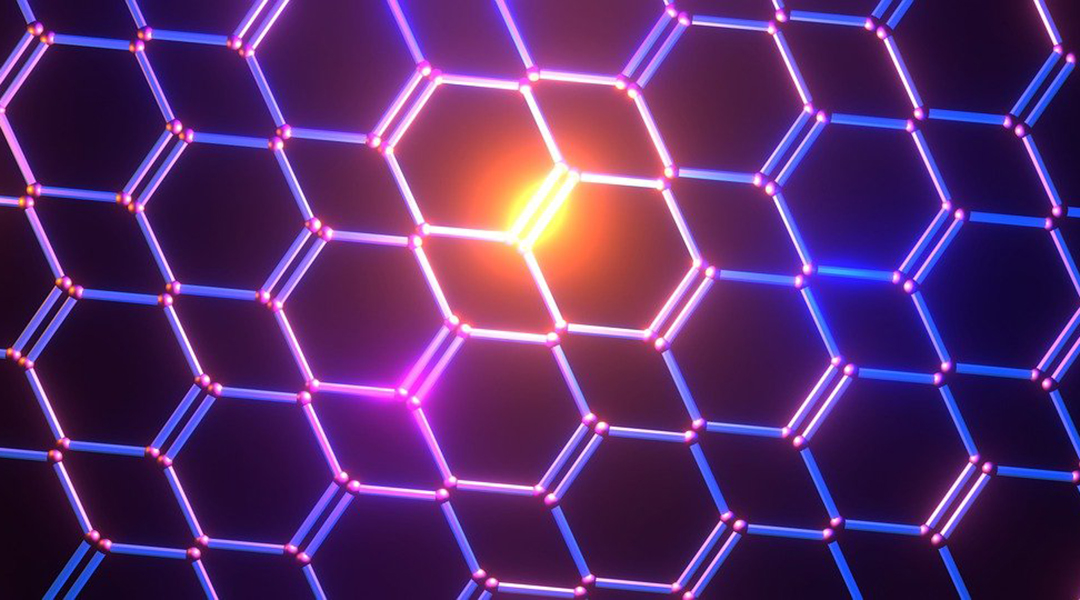
Using bilayered graphene, physicists explore the possibility that our reality is only one half of a pair of interacting worlds.
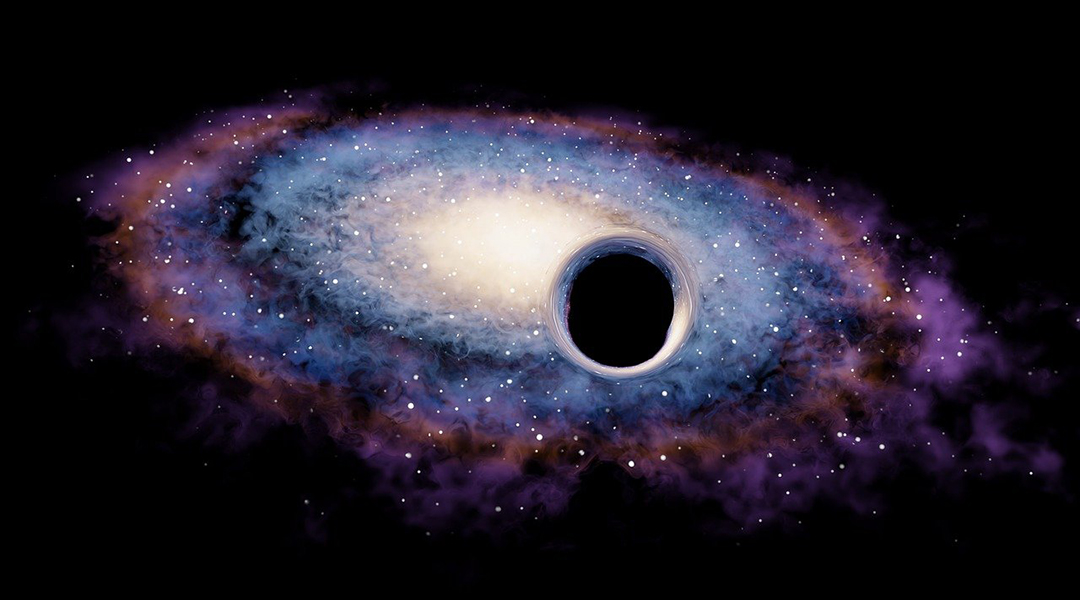
A new theory for the origin and nature of dark matter resolves some inconsistencies between cosmological predictions and astronomical data.